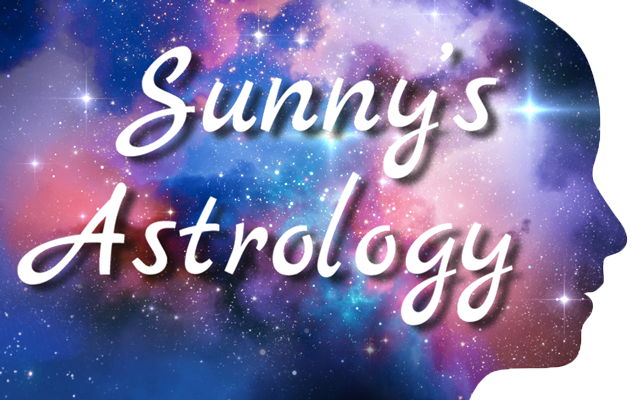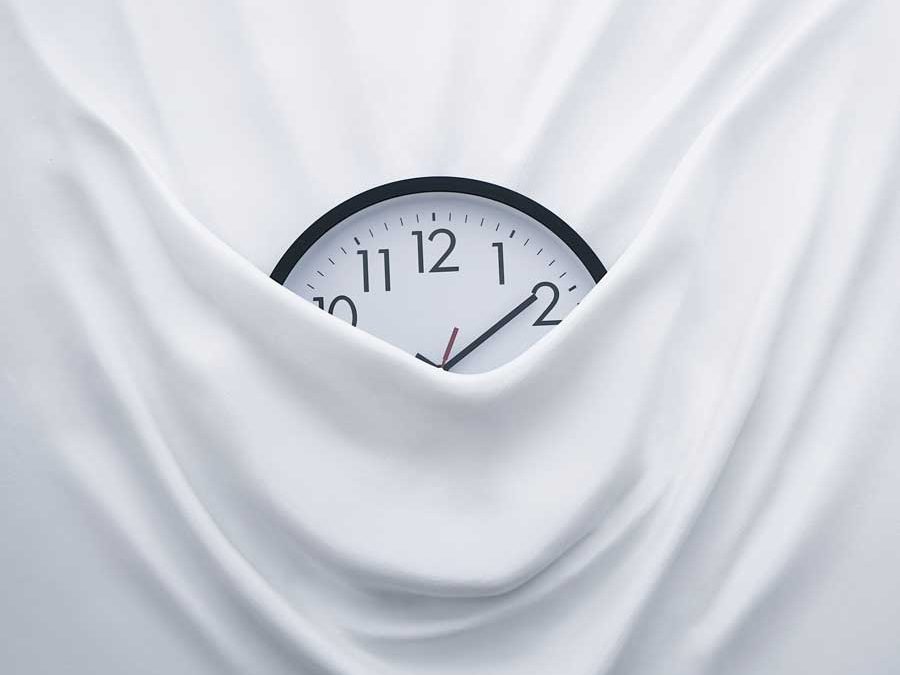I get this question a lot. And in return, I ask another question: how accurate would you like your reading to be?
Without a birth time, there are some things an astrologer can do: primarily, we are able to focus on planets-in-signs. We can talk about what it means to have Mars in the sign of Virgo, or Sagittarius, or Pisces, wherever it was on the day you were born, repeating with each planet. We can also talk with you about the angles the planets form, whether they are forming easy relationships with one another or uncomfortable ones.
To determine what sign a planet was in on the day you were born,we use computers or a book called an ephemeris. We can tell what sign most of the planets are in on a given day. The slower a planet moves, the easier this is. The moon, which moves the fastest, changes sign every two-and-a-half days, so the chances are about 33% that on a given day we can’t be certain whether it’s in one sign or the next one, but 66% of the time we can get the moon sign correct with only the date. The rest of the planets change signs less frequently–the sun, once a month, and other planets more or less frequently. The reason we care about changing signs is that if a planet–any planet–changed signs on the day you were born, and we don’t know the exact time you were born, we don’t know whether the change of sign happened before or after your birth.
This brings up a common question that I hear from people: cusps. I do not use cusps. In all of my experience, planets are either in one sign or the other (and I say that as someone who has several placements in my chart “in a cusp”`). While it is common for people to say they feel like they have traits of more than one sign and attribute that to the fact that their sun is “on the cusp” I will point to the fact that they have lots of planets and placements and if we sit down and look at them I’m betting that we can explain that without using the inaccurate and fuzzy concept of cusps.
The angles, or aspects, that the planets form give us additional information. Each planet symbolizes something in us–an energy, an archetype, a way of being. Mars, for example, is aggression, anger, drive, and intensity. Knowing how (or whether Mars is making an aspect (forming a relationship) with another planet (like Mercury, for example, which represents communication, learning, thinking) tells us something about your way of being in the world. Add in the signs that these two planets are in and we have a lot of information!
So, why do we need a birth time? Well, aside from the accuracy information that I already addressed, the main reason astrologers need a birth time is a concept called your rising sign, or your ascendant. The ascendant is a point in your chart that represents the eastern horizon at the moment of your birth. This point, like every other point in your chart, has a sign, like Leo, Virgo or Capricorn. Your “rising sign” (the sign that the ascendant is in) is one of the most important things in your birth chart! First of all, it represents the “mask” or the costume that you wear to interact with the rest of the world. You may be born with your sun in bold and brash Leo, but if your rising sign is in quieter Libra, Virgo or Pisces, you are unlikely to be grabbing the microphone at Karaoke night!
The second reason that your rising sign is so important is that it helps us determine the placement of the houses. If you’ve hung out with an astrologer much, you might have heard them refer to the “seventh house” or the “second house” and no, this doesn’t mean something you live in! Houses represent aspects of life. So for example, if we know that Mars falls into the seventh house (house of relationships) the person’s relationships may be stormy and volatile. If it falls into the tenth house, this can affect their career. If it falls into their first house, the rising sign, we warn them to be careful–this placement can make a person quite accident prone.
So that is why it is worth it to do a little leg work to get your birth time. You can request a “long form” birth certificate from many states that will give the birth time; sometimes states will issue a “short form” birth certificate without birth time unless specifically requested to issue the long form. Failing that, you can also get creative: try looking in a baby book, if your mom kept one, or old birth announcements. In many small-town newspapers, it was a common practice to publish birth announcements. Many of these newspapers are now online. it may be worth the time (and occasionally a small fee) to do a little amateur sleuthing to see if you can find the birth time this way. I have found a couple of family members’ birth times this way.
Photo by Bruno Figueiredo


Recent Comments